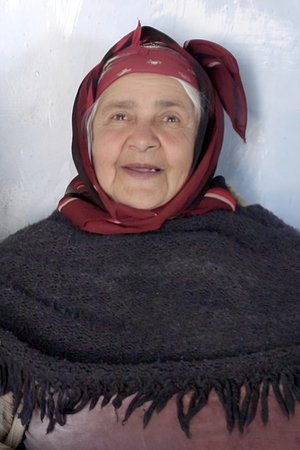Known for department
Acting
Biography
Malika is the main character of the documentary “143, Rue Du Désert” by Hassen Ferhani, released in 2019. In the middle of the Algerian desert, in her refreshment bar, a woman writes her story. She welcomes, for a cigarette, a coffee or eggs, truck drivers, wandering beings and dreams... Her name is Malika. Alone in a small white house on the edge of national road 1, the Trans-Saharan road, which connects Algiers to Tamanrasset crossing the immensity of the desert, Malika, 74, one day opened her door to the director Hassen Ferhani, who came there to scout with his friend Chawki Amari, journalist at El Watan and author of the story Nationale 1 which relates his journey on this north-south axis of more than 2000 km. The Malika of Amari's novel, which Ferhani admits to having first perceived as a "literary fantasy", suddenly takes on an unsuspected human depth in this environment naturally hostile to man. She lends herself to the film project as she welcomes her clients, with an economy of gestures and words which gives her a bit of the appearance of a sphynx, an impression reinforced by the mystery which surrounds her and the rare elements of her biography. which suggest that she is not originally from the region, that she left the fertile north of Algeria to settle in the desert where she lives with a dog and a cat. Ferhani, accompanied by a sound engineer, occupies the 20m2 of the house and films the cob walls, the garden armchairs, the large fridge and the stock of cans, the small table covered with a flowered tablecloth on which He leans on Malika and the client of the moment, whom she examines with her gaze and whom she will characterize in two unequivocal sentences after her departure. Despite the extremely bare and rudimentary side of the place, the entire Algerian society stops there, mainly truckers but also soldiers, religious people, tourists, like this woman on a motorbike from distant Poland. In addition to the scenes captured on the spot, there are some beautiful staging fantasies, sometimes suggested by Malika, such as the scene of her waking up in the dunes. Because, if the camera only makes brief incursions on the road swept by the winds and on the regular passage of trucks loaded with goods, this off-camera which we guess is nourished by the thousand and one stories of the desert comes powerfully to irrigate the real dream life of Malika, heroine of novel and cinema.



 Loading More
Loading More